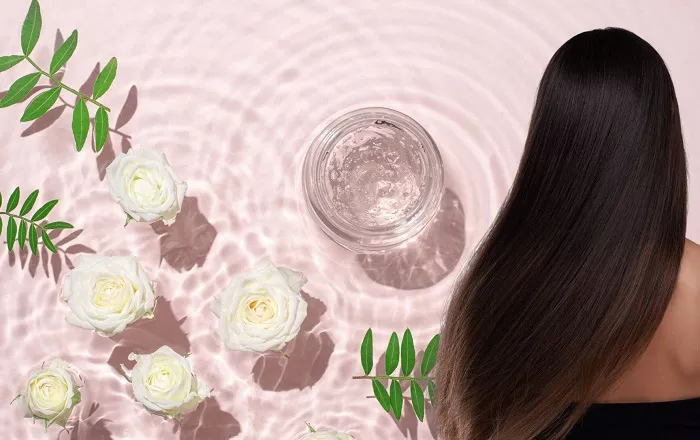Water is vital for overall well-being, and your hair is no exception. Just like dry skin, dehydrated hair can become brittle, dull, and more prone to breakage. But can dehydration actually cause hair loss? According to dermatologist Dr. Sheena Kapoor, the answer is yes—insufficient hydration can impact the health of your scalp and strands, contributing to increased shedding and weakened hair follicles.
While loading up on protein and iron-rich foods is essential, proper hydration is a key step in any complete hair care routine. Here’s what you need to know about the connection between dehydration and hair loss, and seven dermatologist-approved hair care tips to keep your strands strong and healthy.
How Dehydration Affects Hair Health
Dr. Kapoor explains that dehydration disrupts normal body functions, including those related to the scalp and hair. Here’s how:
1. Impaired Follicle Function
Hair follicles depend on a steady supply of water and nutrients to produce healthy hair. When you’re dehydrated, blood flow to the scalp decreases, restricting the delivery of essential vitamins, minerals, and oxygen. This weakens follicles and reduces their ability to support hair growth.
2. Reduced Cell Regeneration
Hydration supports cellular regeneration throughout the body. Without enough water, the scalp and follicles can’t renew themselves efficiently, leading to slower hair growth and increased breakage.
3. Dry and Brittle Hair
Hair is made up of 10–15% water. When the body is low on fluids, it prioritizes vital organs, pulling water away from non-essential areas like the hair. The result? Strands that are dry, coarse, and prone to snapping.
Signs Your Hair Is Dehydrated
You might be dehydrated if you notice:
Increased hair shedding beyond the normal 50–100 strands per day
Rough or straw-like texture
Dullness or lack of shine
Reduced elasticity, with hair that breaks easily when combed or styled
7 Tips to Prevent Hair Loss from Dehydration
Dr. Kapoor shares practical advice for protecting your hair from the effects of dehydration:
1. Drink Enough Water
Aim for around 2.7 liters (11.5 cups) of fluids daily, depending on age, activity level, and climate. Consistent hydration helps maintain healthy follicle function.
2. Include Electrolyte-Rich Fluids
If you’re dehydrated from intense activity or illness, coconut water or oral rehydration solutions can restore essential minerals like magnesium, which has been linked to hair health.
3. Eat Hydrating Foods
Incorporate water-rich fruits and vegetables—like cucumbers, watermelon, oranges, and lettuce—into your diet. These foods support hydration and offer additional nutrients important for hair growth.
4. Avoid Dehydrating Beverages
Limit caffeine and alcohol, which can increase fluid loss. Starting your day with coffee and ending with wine may leave your body—and your hair—dehydrated.
5. Use Topical Hydration
Hydrating shampoos, conditioners, and hair masks can temporarily improve the appearance and feel of dry hair. Look for products with hyaluronic acid, glycerin, or natural oils to lock in moisture.
6. Practice Gentle Hair Care
Minimize heat styling, chemical treatments, and tight hairstyles. These stressors can exacerbate breakage in already-dehydrated hair.
7. Check for Underlying Conditions
While dehydration can trigger hair loss, other health issues—like hormonal imbalances, autoimmune conditions, or hereditary factors—may also be at play. Consult a healthcare provider for a comprehensive evaluation.
The Bottom Line
Can dehydration cause hair loss? Yes, but it’s also one of the most preventable triggers. Keeping your body hydrated is not only vital for your organs but also one of the simplest and most overlooked hair care steps. By drinking enough water, eating well, and using hydrating products, you can strengthen your strands from the inside out.
So don’t wait until you’re thirsty—make hydration a habit, and your hair will thank you.
Related Topics:
- 7 Quick Fixes to Get Rid of Frizzy Hair in 5 Minutes
- How Often Should You Wash Your Hair? Dermatologists Explain
- The Lazy Girl’s Guide to Healthy Summer Hair


